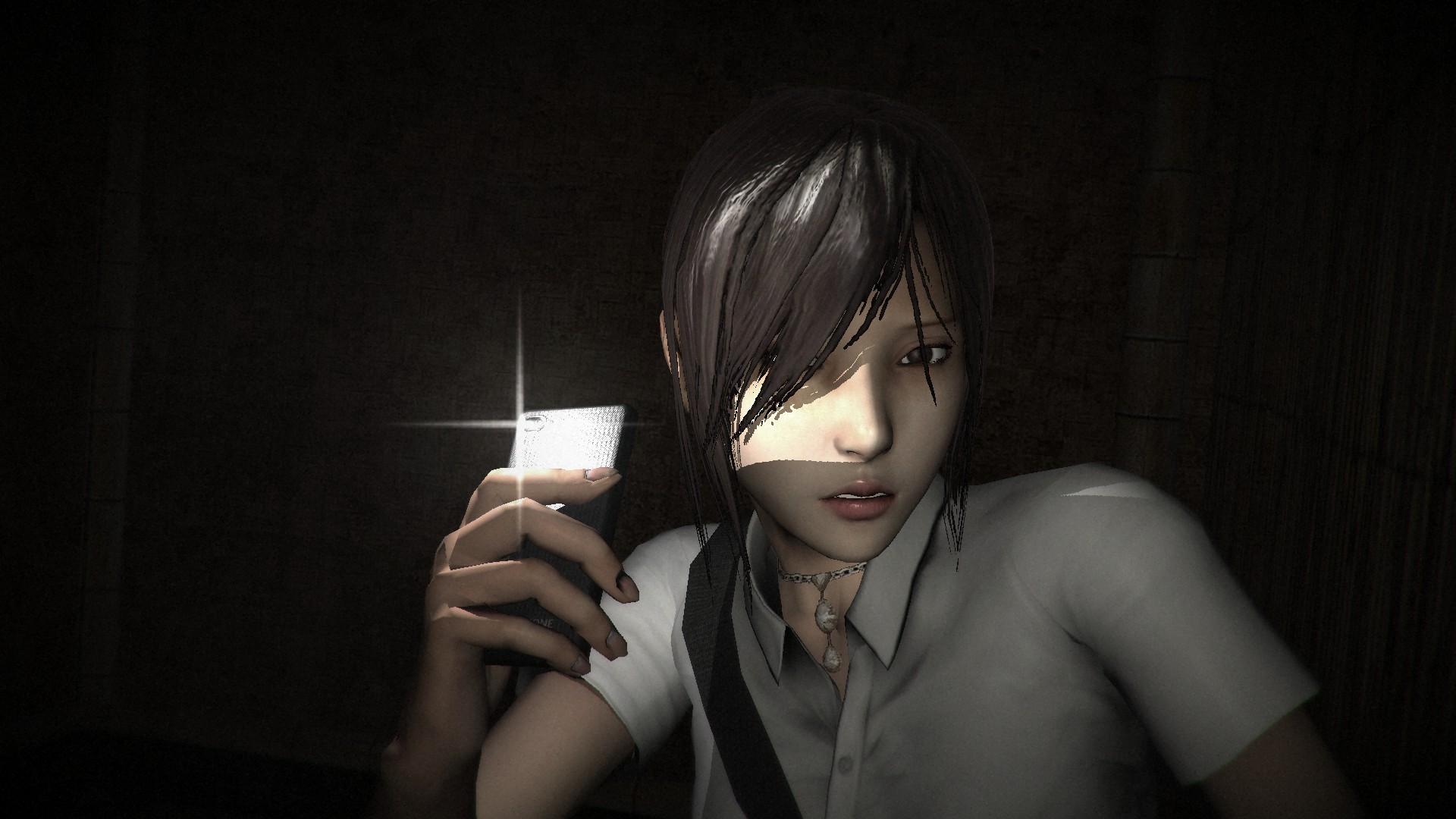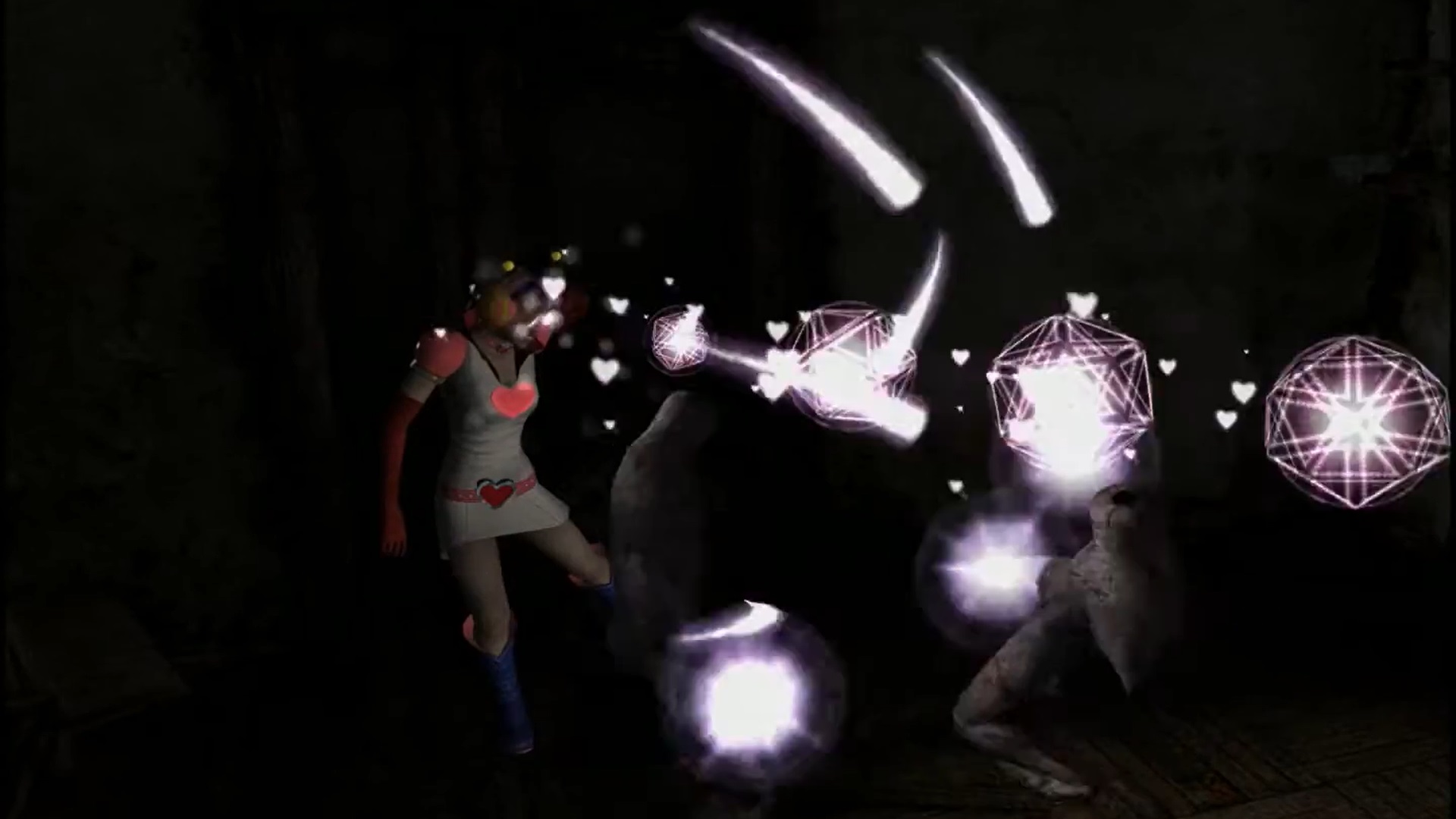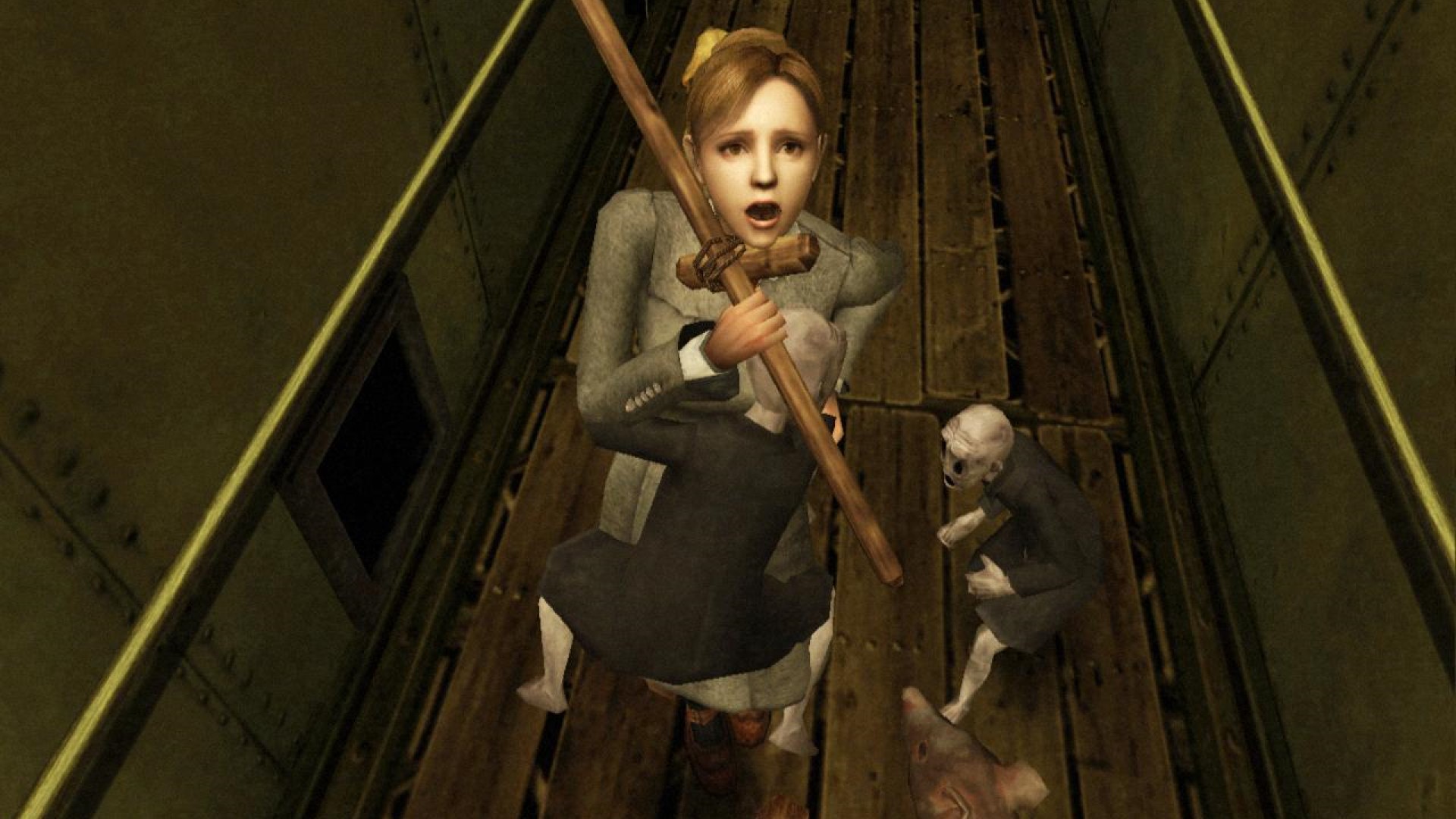
Why Are Young Women Popular In Horror Games?
Female characters in earlier video games are a complicated topic. Much of the earlier console market was marketed heavily towards boys which meant action heroes saving the day and eradicating evil. The genre that took an exception was horror games. A genre loved for its endearing female characters and emotionally present protagonists.
There is a lot that horror games can borrow from horror movies but where it excels is the presence of female-centered perspectives while avoiding some negative aspects such as an obsession with character purity.
One of the horror genre’s less positive tropes is “Final Girl” most seen in the slasher genre where any misbehaving young adults are murdered leaving the pure virgin woman as a lone survivor against the hellspawn. On one hand, it is a malicious message that punishes young adults for exercising their autonomy, on the other hand, it uses monsters to personify the threat of Reagan-era Conservatism. Horror games more often borrow the tension of a “Final Girl” being the sole survivor and change the monster dynamics to better suit their thematic narrative.
To put it simply, developers needed a character that communicates vulnerability and draws our sympathy, and naive young girls fit the bill but there’s more to it here. The analogous nature of horror stories is perhaps the stronger experience that games lean into. With the many young women and girls featured there’s a lot of interpretation to coming-of-age stories and women coming to terms with the threats of the adult world.

An article by Matt S. on digitallydownloaded.net talks about the parallels between Clock Tower 3 and womanhood. They focus on the Monsters as lumbering adults turned beasts that chase after our protagonist Alyssa who is much smaller at 14 years old. It includes how her sense of family and security is taken away in the first parts of the story. Through her newly discovered autonomy as she rejects and slays the monsters she is self-actualized. It’s a shift from a focus on her security and comfort to her abilities as a person and needs.
This is also true for Silent Hill 3, Dreadout, and Rule of Rose where our young female protagonists suffer through an external will pushed onto them and lose their childhood securities. Through the games, these young women must confront or cope with the external forces and they must do it themselves.

A benefit from these stories is using characters to demonstrate the strength that comes from endurance and wisdom rather than physical power. It is however important to be conscious of how this also creates a gender stereotype. In an article by Sarah Nixon on NYMgamer.com, she talks about how having female characters that are resourceful and sympathetic is a boon but it’s also becoming a trope that uses women as a target to inflict fear upon. There’s also the baggage that media can often sexualize young women when it is less appropriate to do so.

What I find is beautiful about these forms of stories is how it doesn’t paint the conflict as one that’s demanding of physical power like with action games. It emphasizes resourcefulness and vulnerability which is incredibly important for young adults that live through terrible events out of their control. In stark contrast to slasher films, these stories are about people who have the hardest circumstances to move on with their lives.
Vulnerable girls or kids that are carrying the burden of the past, it’s a very relevant theme and it can be a haven for a lot of people to relate to. A cursed past can be anything from physiology, discrimination, loss of loved ones, abusive relationships, traumatic events, the theme umbrella’s many burdens that adolescents and young adults carry.

These stories of descending into the underworld are important. What other options are there for people who live under circumstances they have no escape from? Heroic stories don’t always resonate, they’re about individual willpower finding a solution to an antagonist. What about when circumstances are outside of a person’s control? Heroic individualism has a problem of implying bad conditions as part of the victims lacking willpower instead of looking at the common struggles. Horror games provide an experience where people can experience dangers through characters while being in a safe location themselves. It allows them to feel a sense of control or rationality in seemingly irrational or unknowable situations.




